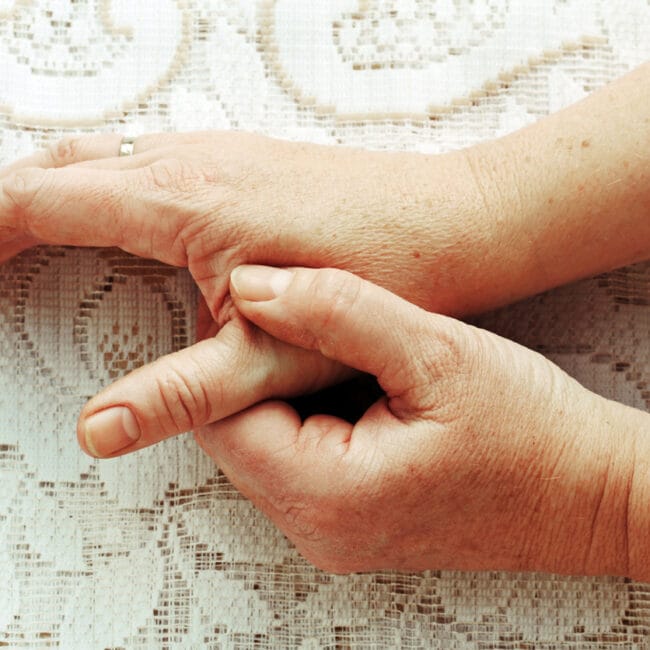
Sweating is a natural process, as it helps keep the body cool on warm days and allows the removal of waste products from our body. It also has a role in our emotional output, as many people sweat when nervous or afraid. Sweaty and malodorous feet are a common occurrence, but within this blog, we will help you combat this problem and give those feet the care and attention they deserve.
The Science Bit First
The average human foot has over 250,000 sweat glands, capable of producing around half a pint of sweat a day. In most people, once sweat reaches the surface of the skin, it evaporates and causes no further problems. However in people who sweat too much without any external stimuli, known as primary hyperhidrosis, sweat gets trapped in the sweat glands, which causes bacteria to grow leading to an overproduction of sweat to clear out the bacteria and odour due to the constant growth of the bacteria. It is estimated that between 2-4% of the Irish population suffer from primary hyperhidrosis.
Why Do My Feet Sweat So Much?
Sweating is natural and is self controlled by the body during times of physical activity and emotional stress. However other factors can contribute to excessive sweating. If you have a direct blood relative who suffers from excessive sweating, and then it is more likely you or other members of your family suffer form this condition. Toxins such as spicy foods and alcohol have added chemicals in them, which cause the sweat gland to produce more sweat, so it is cleared from the body quicker. A simple way to prevent this is to exercise soon after any toxin has entered the body, as this will allow natural sweat to be produced and further preventing excessive sweating from occurring. Materials from socks and shoes can contribute to excessive seating – shoes made of rubber and socks made of nylon or cotton can prevent sweat from evaporating allowing it to clog sweat glands.
What Are The Symptoms of Sweaty Feet?
The most common symptom of sweaty feet is constant sweating on the sole of the foot, leading to socks and shoes that are constantly damp. However, other symptoms make present such as:
· Fungal nail infections
· Athlete’s foot
· Damp smell from feet
· Itchy feet such as dermatitis or eczema
· Burning sensation
Is There Treatment For Sweaty and Smelly Feet?
As with all medical conditions, please consult your podiatrist or GP before starting any treatment. Your podiatrist will be able to assess your condition and then decide a course of treatment. In most cases changes to lifestyle and changes in shoes and sock material such as synthetic material instead of nylon can help. Foot hygiene plans such as washing feet daily and changing socks daily can also help. Certain over-the-counter foot sprays may also be prescribed. If the problem is more of an issue, the podiatrist may refer you onto your GP for prescription foot spray or further assessment.
For foot odour, changing socks daily and washing feet can help eliminate foot odour. The use of charcoal insoles in shoes can help reduce and prevent foot odour, as charcoal naturally absorbs the odour and traps it. These insoles should be changed every 8 weeks or sooner, depending on the amount of foot odour present. Over-the-counter foot deodorants can also help reduce foot odour. But if you are having any problems mentioned, is it best to see your podiatrist for assessment.
Author: Christopher Joyce










